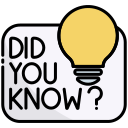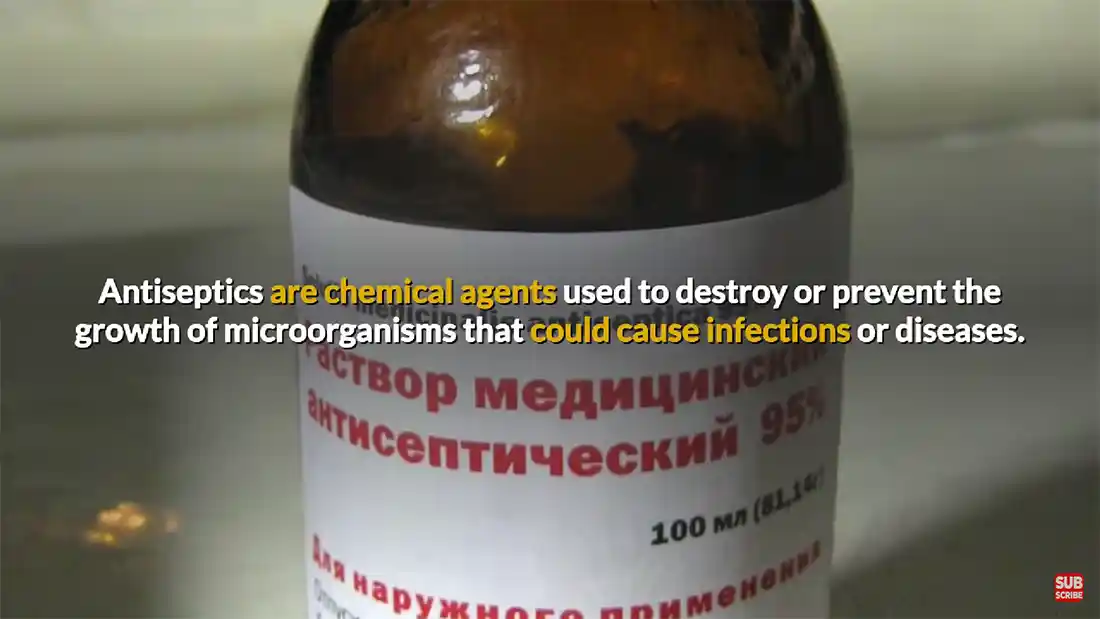

Antiseptic, disinfectant, hydrogen peroxide, grazes, cuts, wounds, concentration, microorganisms.
We all have cuts and grazes. It's part of everyday life. As a child, you will fall over, and you might graze your knee, for example. What can we do to help clean it?
Sure, you can use water to clean that graze. No problem. But what water doesn't do properly is clean the wound. It will give it a wash though, so that's a start.
What else can you do?
Before we go about using these antiseptics, let's talk about what they are first.

Louis Pasteur's work in microbiology saw many other scientists follow in his footsteps, and it inspired one Joseph Lister to publish a paper called Antiseptic Principle, which outlined his method to kill bacteria using phenol and carbolic acid.
Other uses of antiseptic include bleach and oxidising agents.
What's that I hear you say? Bleach isn't an antiseptic. But yes, it is. Bleach is about 30% concentration, which is why we use it to clean surfaces, or toilets and bathrooms.
Chlorine is also an antiseptic. We all know chlorine is used in swimming pools, to treat the water to keep it clean on a cyclic action. This is an antiseptic.
Ah, good question. While a disinfectant is also an antiseptic in the manner that it kills microorganisms, it is meant to be used on non-living surfaces.
So in answer to that question, no. Short and simple, hey?
The following still is from a video on antiseptics, with the following details:
Please click on the image to view the video.

So, we know that antiseptic is for use on our body, and disinfectant is used on non-living surfaces.
Let's put an example to this. You need surgery, so to prepare (you've been given anaesthetic) you and the areas around you, the doctor will clean your body using an antiseptic, and before you are put on the table, they will clean that with the disinfectant.
Uses of antiseptic include:
To a degree, yes. You should only be using them for shallow cuts and grazes to clean around the open wound. They really shouldn't be used for anything bigger, as they are designed for use on skin only. Anything deeper than skin-deep cuts, and you start to run into problems. But then, you shouldn't be performing open surgery on someone yourself either. Leave that to the professionals.
Disclaimer | About Me | Sitemap
Website design by SyntaxHTML.



Blue icons adapted from icons courtesy of Smashicons.com